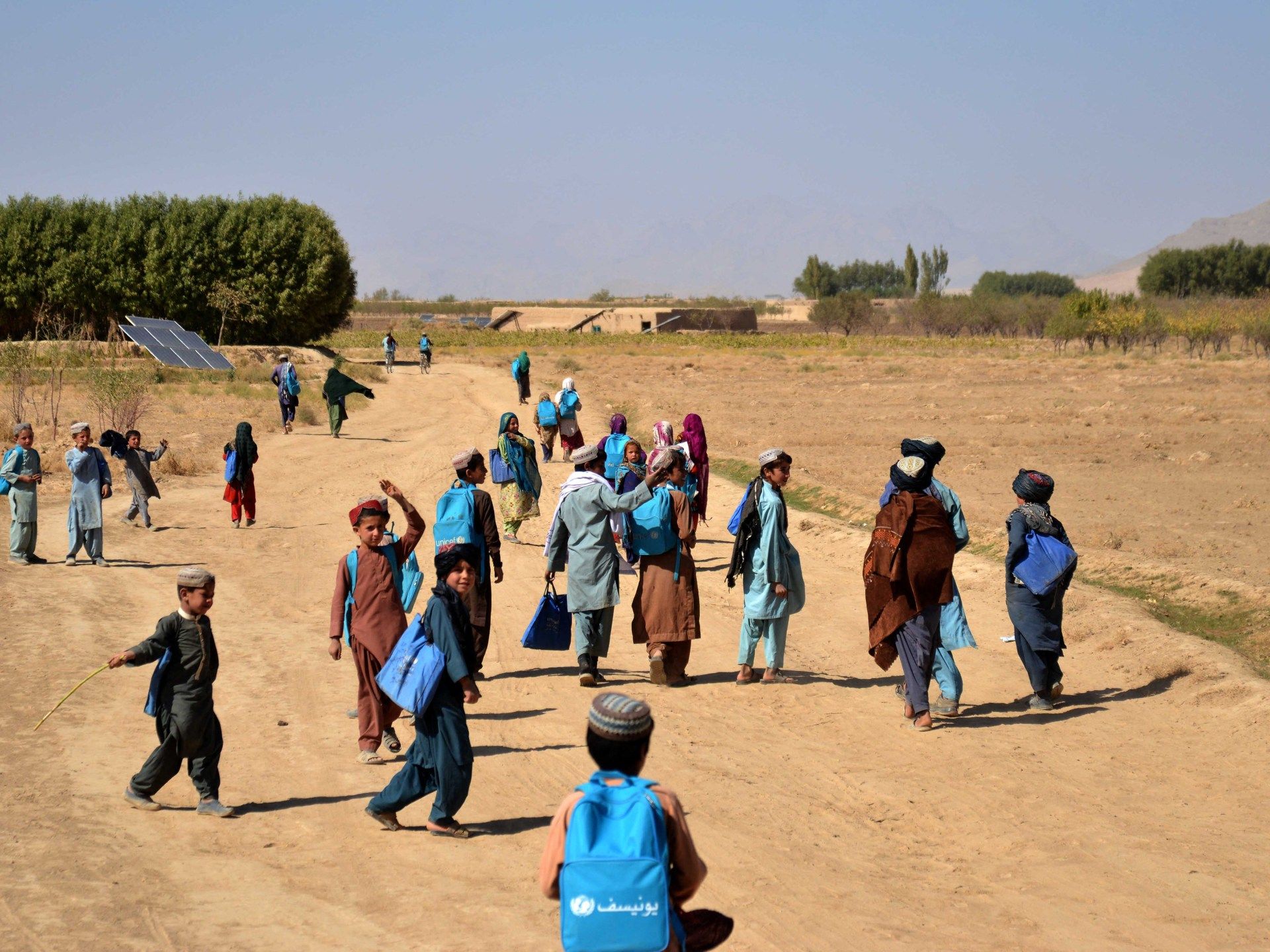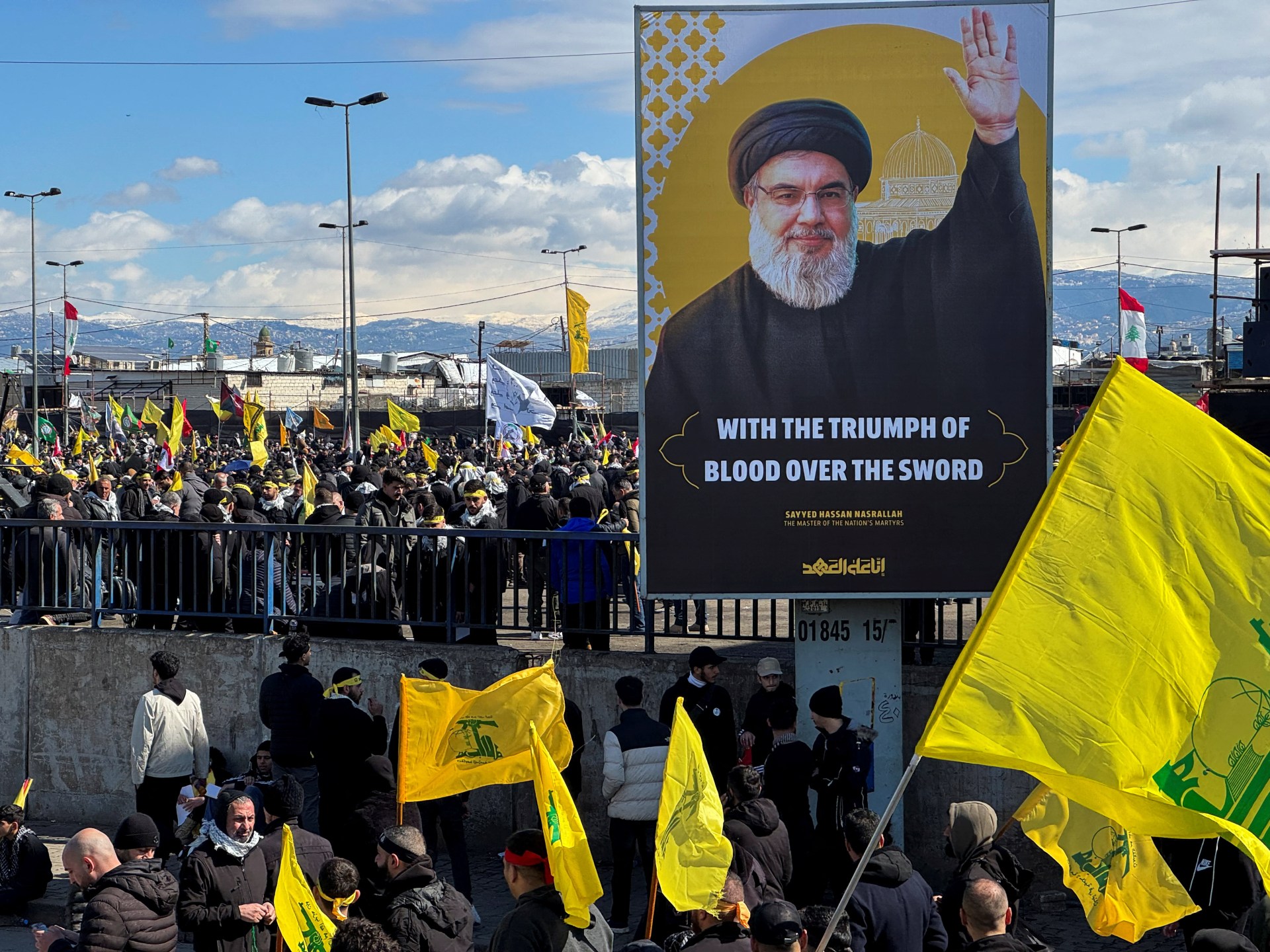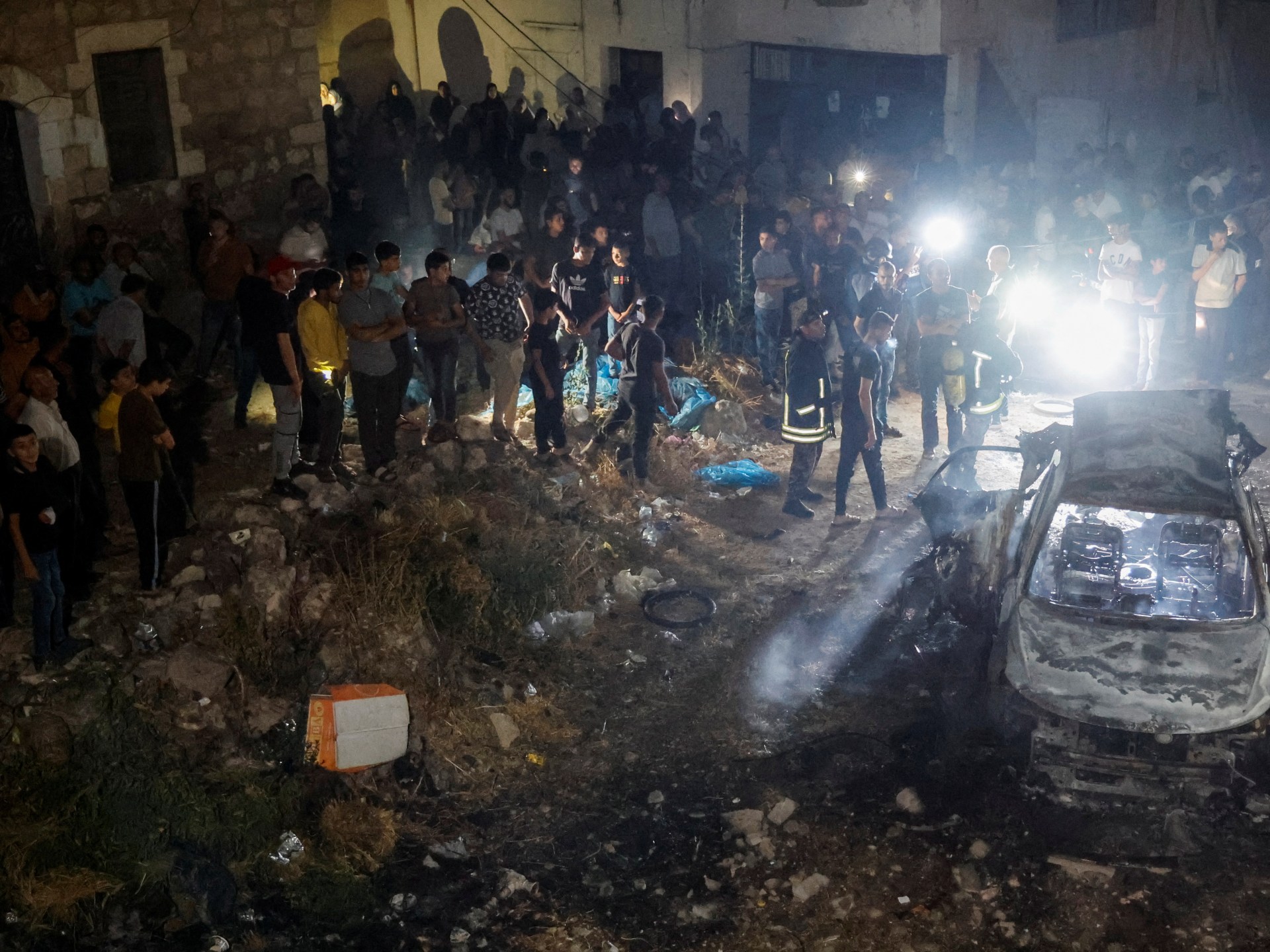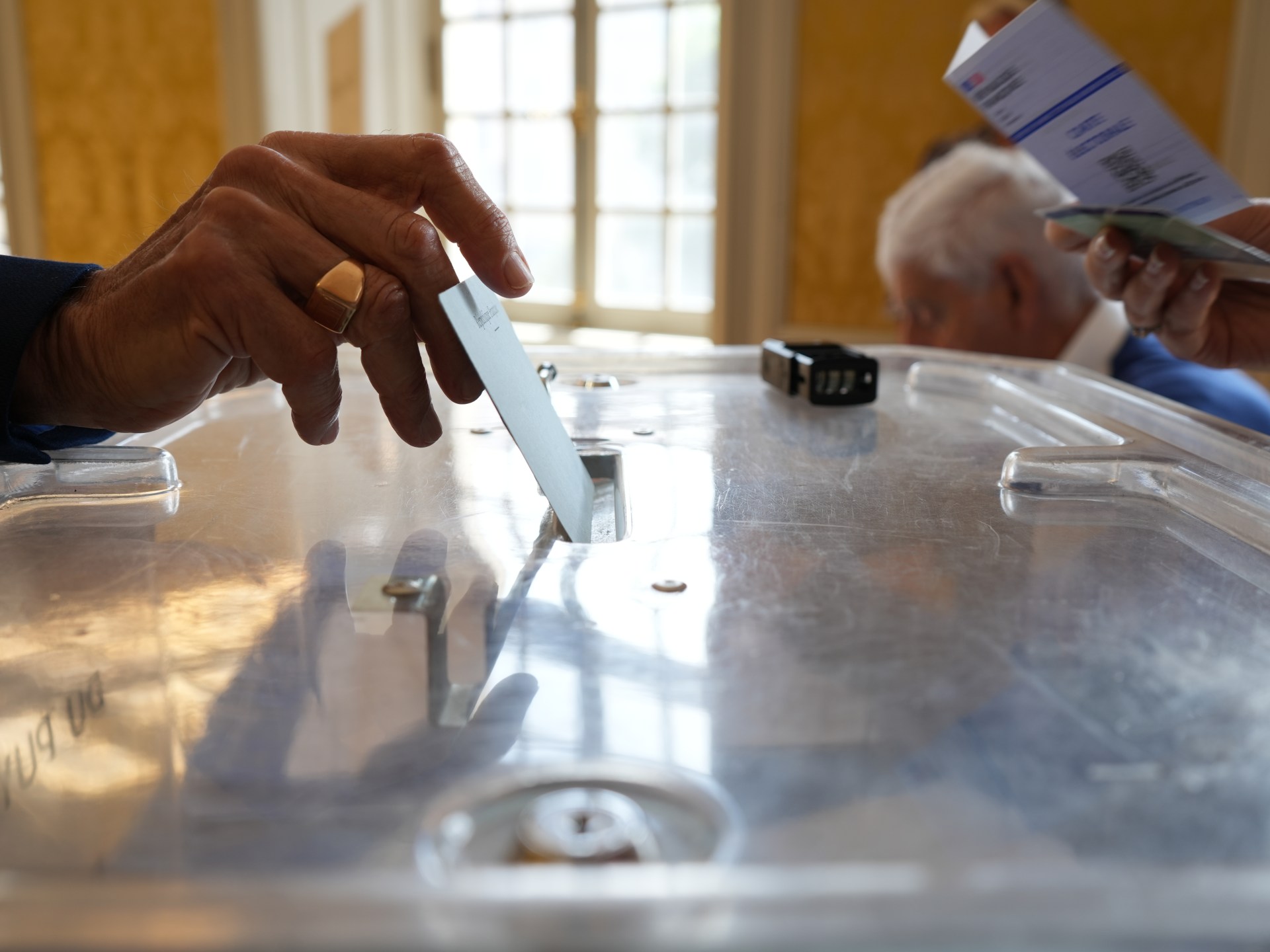Today, Afghanistan appears less and less frequently in international headlines, and when it does, it is always another tragedy. A humanitarian crisis, an earthquake, a deadly attack, a drought, refugees expelled and suffering.
I used to work for Daily Outlook Afghanistan, the country's first English-language media outlet. In our small newsroom we recognized the negative psychological impact of the constant flow of bad news. So we set out to find positive stories to publish alongside our regular coverage and try to counter this decades-long trend of painting Afghanistan in completely dark colors.
Daily Outlook Afghanistan no longer exists. The newspaper, like many other media outlets, had to close shortly after the Taliban took over Kabul in 2021. Most of my colleagues fled to neighboring Iran and Pakistan; one of them, Alireza Ahmadi, was tragically killed in the bombing of Kabul airport on August 26 of that year. That's why there are even fewer journalists in the world now looking for the positive story of Afghanistan.
I myself fell into the dark trap of fatalism. From a writer who always saw and analyzed political issues from the positive side and tried to give readers hope in the midst of two decades of war and violence, I became a man full of disgust. Life became extremely hard overnight. He was unemployed and struggling to support my family. Everything seemed meaningless to me.
I often heard complaints from female relatives about their struggles under the Taliban regime and the ban on secondary and university education. This saddened me and only increased my anguish.
As the months passed, I slowly began to realize that I could offer much more than words of comfort. As a Chinese proverb says: “It is better to light a candle than to curse the darkness.”
So I decided to light the candle of literacy and education. She had years of experience as an English teacher and had worked with various educational institutions and initiatives across Afghanistan. It was time to put it into practice.
I found like-minded people who had also decided to start playing a positive role for the younger generations in these difficult times. Together we founded a private academy to teach English in Dasht-e-Barchi, a western neighborhood of Kabul.
None of us had extra money, so we had to borrow from friends to cover the costs of renting a space and equipping it with chairs and desks, whiteboards, solar panels, MP3 players and screens. We developed a study plan ourselves and went through the registration process with the Ministry of Education.
Despite the ban on secondary and university education, girls are still allowed to study in private educational institutions. That is why we have welcomed them as our students, along with the children.
We comply with legal requirements and keep girls and boys in separate rooms; We also ensure that all female students wear the Islamic hijab in class as prescribed by the authorities.
We have set a low tuition rate that is relatively affordable and we also offer waivers. Of the 200 students currently studying with us, 15 do not pay and 40 pay half the tuition. The payments we collect are sufficient to cover the rent.
We teach for free, but we are still rewarded. The daily encounter with so many boys and girls who want to study and succeed is inspiring.
For example, we have a student who recently had a traffic accident. A rickshaw collided with his motorcycle and severely injured his fingers. He sent us a message saying: “I had an accident and I'm going to have surgery. Please pray for me so that my fingers are not cut off.” To our surprise, he showed up to class right after surgery.
Another student who inspires us with her determination is a 16-year-old girl who works in a tailor shop where she receives a reduced salary to support her family. She is very interested in learning English but she cannot afford to study, that is why we gave her the opportunity to join our academy without payment. To cover the cost of books and stationery, she sets aside 10 Afghanis ($0.14) every day from her salary.
I look back at the last few months the academy has been open and regret losing the previous two years to depression and hopelessness. If we had started earlier, we would have helped many boys and girls pursue their educational dreams.
Some of the students I taught a few years ago are now studying in foreign countries like India, Bangladesh, Kyrgyzstan, France and the United States.
But I am also happy to have left the paralysis of despair behind and embraced hope. I also try to help my students combat depression and despair. I try to inspire enthusiasm and optimism and motivate them to be active in their communities and create the positive stories that Afghanistan so badly needs.
The views expressed in this article are those of the author and do not necessarily reflect the editorial position of Al Jazeera.












